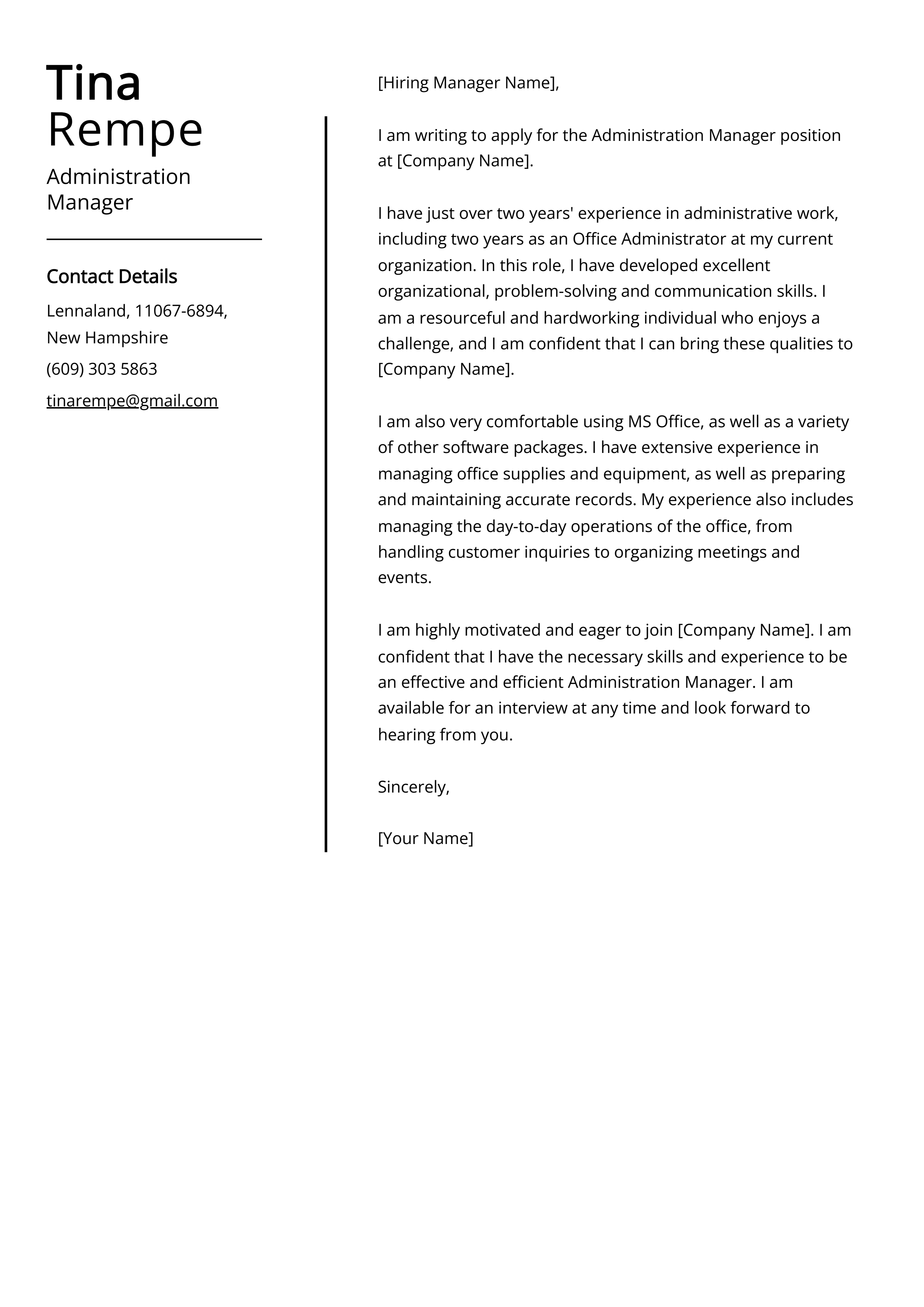Have you ever wondered, “What do event managers do?” Event managers play a crucial role in the successful execution of various events, ranging from corporate conferences to extravagant weddings. Their responsibilities go beyond just planning and coordinating; they are the masterminds behind seamless events that leave a lasting impression on attendees. From conceptualizing event themes to managing budgets, coordinating with vendors, and ensuring everything runs smoothly on the day of the event, event managers juggle multiple tasks effortlessly. In this comprehensive guide, we will delve deeper into the role and responsibilities of event managers, shedding light on the skills and expertise required to excel in this dynamic field.
Introduction to Event Managers
Event managers are professionals responsible for planning, organizing, and executing various events, ensuring everything runs smoothly from start to finish. They play a crucial role in the event industry, overseeing conferences, weddings, seminars, festivals, and other gatherings.
Role of Event Managers
Event managers coordinate with clients to understand their requirements, budget constraints, and preferences. They design event concepts, scout locations, negotiate contracts with vendors, and manage all aspects of event logistics.
Key Responsibilities
- Creating event timelines and schedules
- Hiring and supervising event staff
- Handling permits and licenses
- Managing budgets and expenses

Roles and Responsibilities of Event Managers
Event managers play a crucial role in planning and executing successful events to meet the client’s objectives. They are responsible for overseeing all aspects of an event, from conceptualization to post-event evaluation.
Event Planning
Event managers are tasked with conceptualizing, planning, and executing events within the specified budget and timeline.
They coordinate with vendors and negotiate contracts to secure services for the event.
Logistics Management
Event managers handle the logistics of the event, including venue selection, catering, transportation, and technical setup.
- They coordinate schedules and ensure all arrangements are in place.
- They oversee event staff and volunteers to ensure smooth operations.
Key Skills Required for Event Managers
Event managers play a crucial role in planning and executing successful events. To excel in this dynamic field, professionals need a diverse set of skills that encompass organization, communication, creativity, and problem-solving abilities.
1. Excellent Communication Skills
Event managers must possess strong communication skills to liaise with clients, vendors, and team members effectively. Clear and concise verbal and written communication is essential for conveying ideas, instructions, and requirements.
2. Exceptional Organizational Abilities
Organizational skills are paramount for event managers to coordinate multiple tasks, timelines, and resources. Attention to detail and the ability to multitask efficiently are key components of successful event planning.
3. Creative Thinking
Innovative thinking and creativity are valuable assets for event managers to conceptualize and execute memorable events. Ability to think outside the box and generate unique ideas differentiate exceptional event managers from the rest.
4. Problem-Solving Skills
Event managers often encounter unforeseen challenges that require quick and effective solutions. Problem-solving skills enable professionals to resolve issues swiftly and ensure the smooth execution of events.

Challenges Faced by Event Managers
Event managers face numerous challenges in executing successful events. These challenges can range from logistical issues to managing stakeholders and ensuring the event’s overall success. Let’s explore some of the most common challenges that event managers encounter.
1. Budget Constraints
One of the primary challenges for event managers is working within a limited budget. Managing expenses while delivering a high-quality event can be a daunting task. Event managers need to find innovative ways to cut costs without compromising the event experience.
2. Time Management
Event timelines are often tight, requiring meticulous planning and coordination. juggling multiple tasks within specified deadlines can be stressful. Proper time management is crucial to ensure that every aspect of the event runs smoothly and on schedule.
3. Vendor Coordination
Event managers need to collaborate with various vendors such as caterers, decorators, and audiovisual technicians to bring the event to life. Coordinating these vendors efficiently while ensuring quality and timely delivery can be a significant challenge.
4. Crisis Management
Events are susceptible to unforeseen challenges such as technical glitches, weather disruptions, or logistical issues. Event managers must be prepared to handle emergencies swiftly and effectively to minimize the impact on the event.
Importance of Event Managers in the Industry
Event managers play a crucial role in the success of any event, from small conferences to large-scale festivals. They are responsible for planning, organizing, and executing events that meet the objectives and expectations of the clients. In today’s fast-paced world, where businesses and organizations rely heavily on events to promote their brand and engage with their audience, the role of event managers has become increasingly important.
The Role of Event Managers
Event managers are involved in every stage of event planning, from initial concept development to post-event evaluation. They coordinate with vendors, handle logistics, manage budgets, and ensure that every detail is taken care of to create a seamless event experience. Their ability to multitask, problem-solve, and think on their feet is essential for delivering successful events.
Event managers What do event managers do2022 need to possess strong communication skills to liaise with clients, sponsors, and suppliers effectively. They must also stay updated with the latest industry trends and technologies to offer innovative solutions to their clients.
Key Skills Required
Event managers What do event managers do should have excellent organizational skills, attention to detail, and the ability to work under pressure. They must be creative thinkers, problem solvers, and excellent negotiators to deal with various stakeholders. Being adaptable and resourceful is crucial in handling unexpected challenges that may arise during an event.
- Organizational Skills
- Attention to Detail
- Creativity and Innovation
- Communication and Interpersonal Skills
- Time Management and Prioritization
Frequently Asked Questions
-
- What is the role of an event manager?
- Event managers are responsible for planning and organizing various events, such as conferences, weddings, trade shows, and parties. They ensure that all aspects of the event run smoothly and efficiently.
-
- What are the typical responsibilities of an event manager?
- The responsibilities of an event manager include coordinating with clients to understand their event requirements, creating event budgets, sourcing and managing vendors, coordinating event logistics, and overseeing the event from set-up to clean-up.
-
- What skills are important for an event manager to have?
- Event managers should have strong organizational skills, attention to detail, excellent communication skills, the ability to multitask, and problem-solving skills. They should also be able to work well under pressure and have a good sense of creativity.
-
- How important is budget management for event managers?
- Budget management is crucial for event managers as they need to ensure that the event stays within the specified budget while still meeting the client’s expectations. They must be able to manage costs effectively and find ways to maximize resources.
-
- What is the difference between an event manager and a wedding planner?
- While both roles involve planning events, event managers generally focus on a wide range of events such as corporate events, trade shows, and conferences, whereas wedding planners specialize in weddings specifically.
Final Thoughts: Unveiling the Role of Event Managers
Event managers play a pivotal role in creating memorable experiences and successful events. Their responsibilities encompass meticulous planning, seamless execution, and adept problem-solving. They act as the backbone of any event, ensuring all elements come together harmoniously to delight attendees and achieve the event goals. By overseeing logistics, coordinating vendors, managing budgets, and addressing last-minute challenges, event managers demonstrate their versatility and expertise. Their passion for creating magical moments and dedication to delivering exceptional events truly set them apart. In essence, event managers are the architects of unforgettable experiences, turning visions into reality with finesse and precision.

